'There is no future in Venezuela'
Alexander Gonzalez
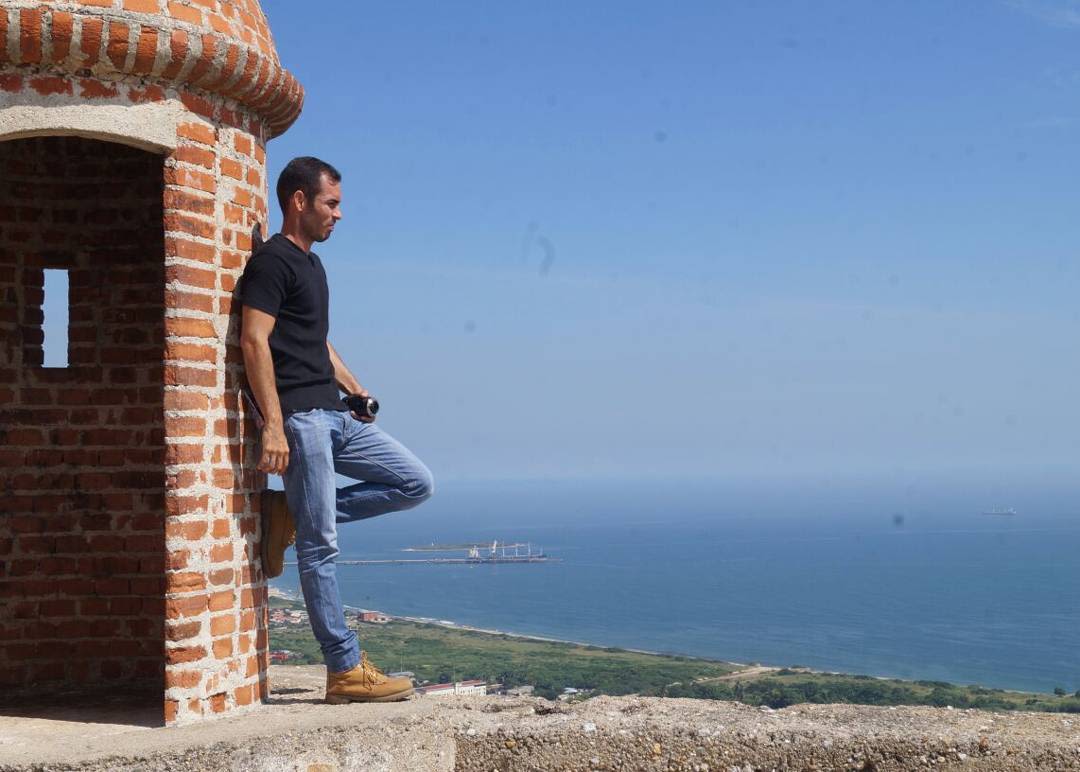
Alexander Gonzalez arrived in Peru with less than two pounds in his pocket.
Driven by inflation, shortages and increased rates of delinquency in Venezuela, the 31-year-old decided to leave his beloved home city of Barquisimeto to look for a better life and help his family.
"As a professional, you didn't have a future in Venezuela", he says quite melancholically.
And with just about enough money to get to Lima, Alexander left to start over; more than 2000 miles away from where he had lived his whole life.
"As a professional, you didn't have a future in Venezuela".
"As a professional, you didn't have a future in Venezuela".
For more than 10 years, Alexander worked as a PE teacher in a pre-school for children with down syndrome and cerebral palsy in Barquisimeto, his hometown. He enjoyed his job but the best part of his day would take place in the afternoon when he dedicated his time to his lifelong passion: hockey.
He got into the sport as a young child and had developed into a talented coach and player. He was the head coach of the youth local team and of Venezuela’s U18 national hockey team and as a player, he defended the colours of his local team, Lara, with whom he had won several competitions.
On paper at least, Alexander had a good life. He liked his job and practised the sport he loved in his home city, close to his family and lifelong friends.
And in spite of that, for the past two years, he had been planning to leave the country.
“It was hard to acquire goods, the money wasn’t enough, you ate very little, you didn’t have a future”
The crisis had taken a toll on Alexander. His car was stolen, his phones were stolen, his money was losing value and he was barely eating any food. It wasn't life.
“I was a victim of crime on various occasions, they even stole my car […] They stole my phone on 2,3,4 occasions and now it’s impossible to get a new one. When it came to food, I was really skinny, I had lost a lot of weight”.
The crisis was also tough on his family. He not only wanted to leave to find better job prospects and a better life but also to help them through those hard times.
Alexander had prepared everything but didn't know where to go. He didn’t know anyone in another country that could help him settle and he didn't have enough money to survive on his own. He was stuck.
That was the story until January 2018. His cousin’s husband had recently emigrated to Peru and offered him a place to stay. Alexander didn’t think it twice; he was finally leaving Venezuela.
“It was really sad, I left all my loved ones, my routine, my family, my friends. It’s really sad”, he says remembering what he left behind, “I cried a lot”.
In February 2018, Alexander moved out of his beloved Barquisimeto for the first time in his life.
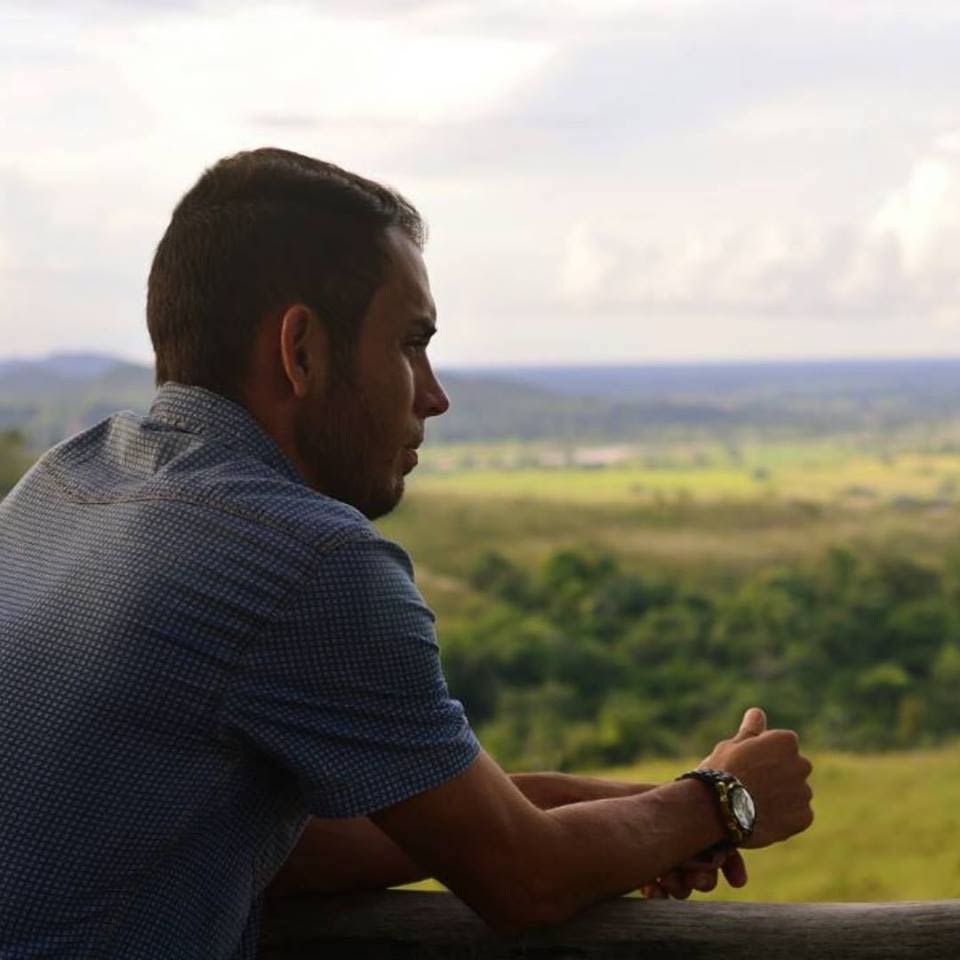
The trip to Lima was six days long. However, the most daunting part of it for many Venezuelans wasn't located outside the country; it was border control.
“The biggest fear of every Venezuelan is the border between Venezuela and Colombia because the (border) guards know that those leaving have dollars, so they stop them and search them. And sometimes they take away the small number of dollars that they have.”
Alexander was lucky enough not to have his money taken on the border. He was travelling with just enough money to get him to Peru.
He remembers not eating much during the journey and only having what he had brought from his house: bread, chicken and chocolates. Although he was hungry, he didn't have enough to buy food in any of the stops along the way.
Despite that, luck would strike him twice.
"I befriended some Colombians and helped them carry their bags, and they ate and told me 'here, I left you some (food)' and I ate it with a lot of pity".
Alongside his Colombian friends, Alexander arrived in Peru on the 10th of February, the same day as his birthday.
By the time he got to his cousin's husband flat, he had almost run out of money. How much did he have left? 5 soles or one pound and 20 cents.
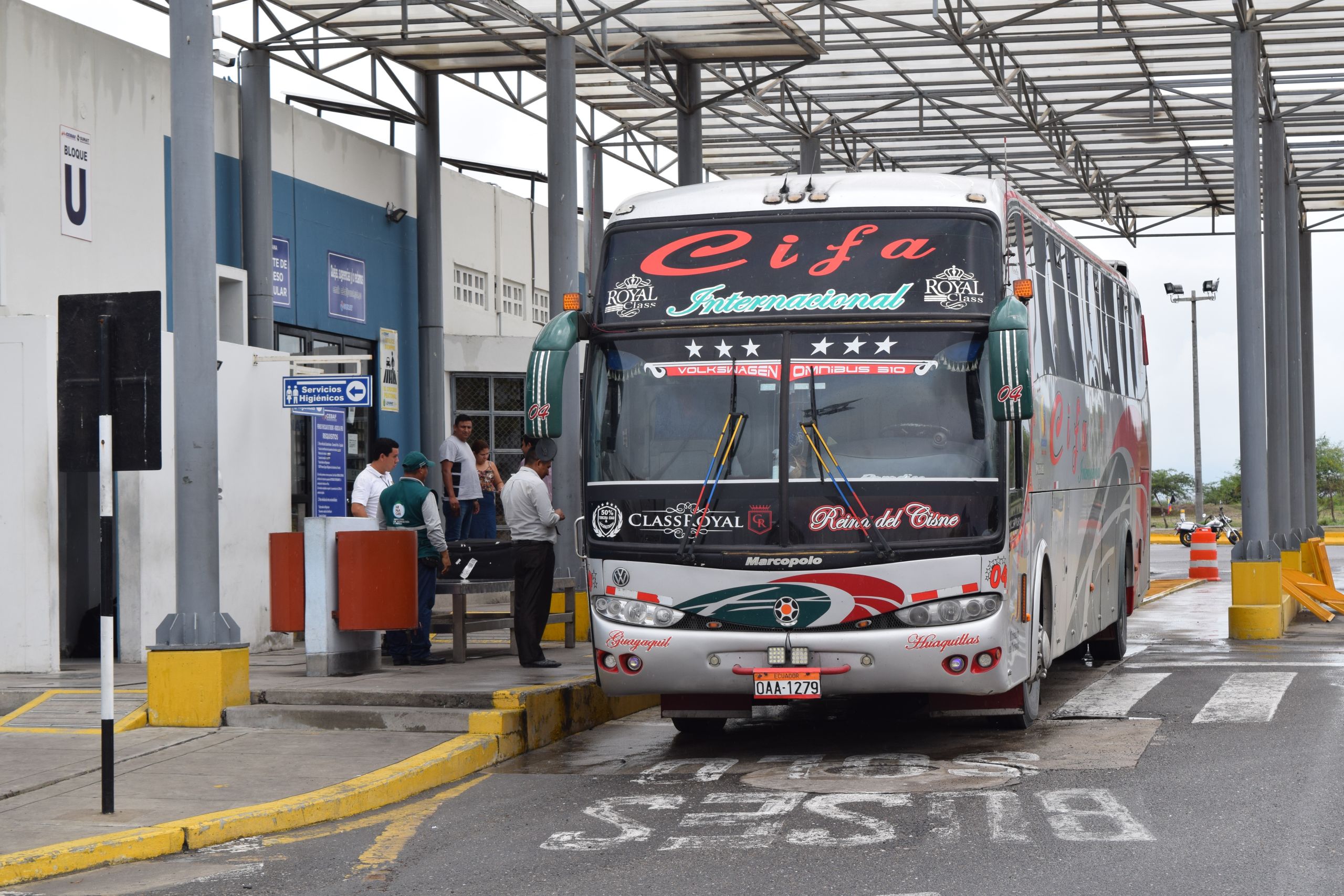
"I did what I think all Venezuelans do when they come here: sell (food) in buses"
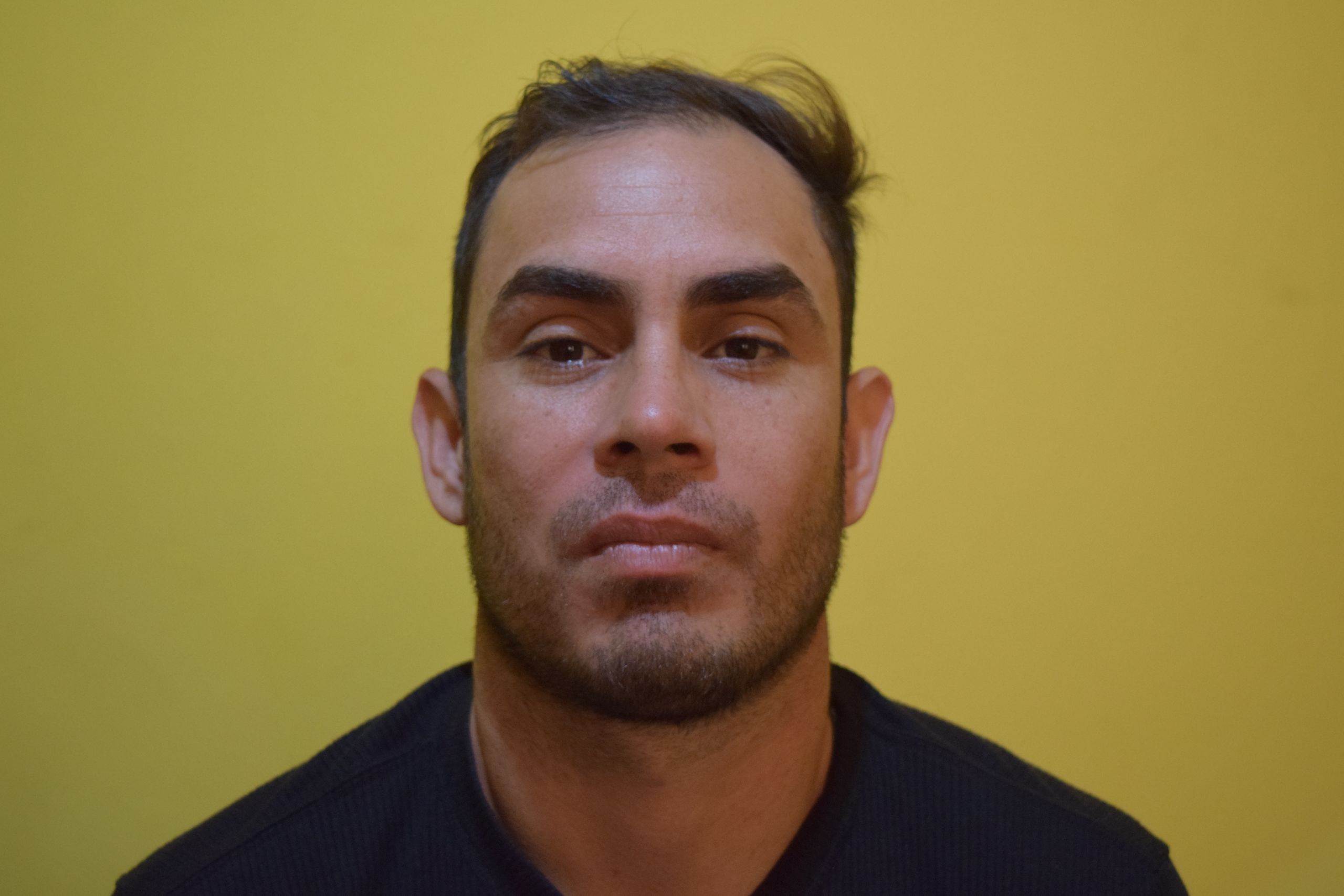
With little to no money, Alexander was lent some cash so that he could settle in. He didn’t need too long and as early as the next day, he was ready to look for a job.
Venezuelans who emigrate to Peru are often seen selling food on buses and on the streets. It’s a common first job for many, regardless of their academic qualifications or work experience.
This would also be Alexander’s first ‘job’ in the country.
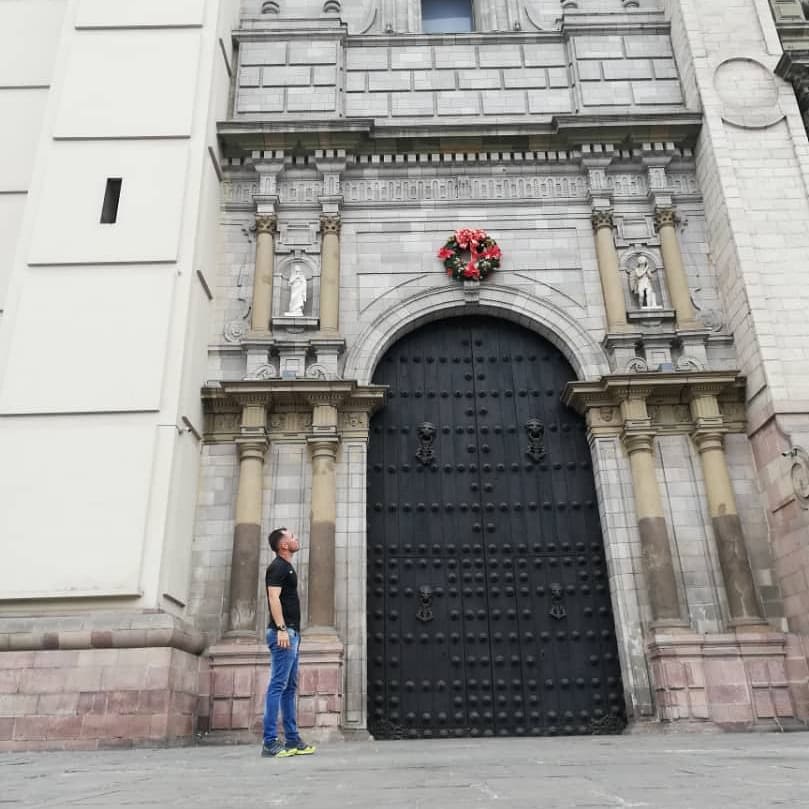
Alexander visiting Lima's city centre.
Alexander visiting Lima's city centre.
“In my first days, I did what I think all Venezuelans do when they come here: sell (food) in buses”.

Alexander visiting Lima's city centre.
Initially, Alexander wasn’t keen to sell food on the streets. He said that in Venezuela that practice was frowned upon and was related to drug addicts and people without a stable job.
It was a big shock for him. “To go from having a high social status in Venezuela as a professional, and to come (to Peru) to sell in the buses. That’s a really heavy blow”, he says, “In my first day, a neighbour told me ‘brother let’s go, I’ll teach you (how to sell)’ but I felt a lot of pity and I didn’t even leave my residence.”
In a space of a day, however, all of Alexander’s reservations would be quashed. On his second day in the country, he left his flat to run some errands and was surprised (and slightly embarrassed) by what he saw: tens of Venezuelans selling food on the streets and buses.
“I said to myself ‘if everyone is selling, why don’t you?’”
On the next day, Alexander hit the streets and buses with his fellow countrymen, sharing the same dream of trying to start over in a foreign country.
“I worked for a couple of days and once I went to a market near my flat. I didn’t sell much but I got a different job in a grain shop”.
Selling in the streets had gotten Alexander his first fixed job, where he would remain for the next four months.
With his first job secured, Alexander began to look for a hockey team. He wanted to keep playing and made it one of his personal objectives to play in the Peruvian hockey league.
By the end of February, he had joined Roosevelt Hockey Club.
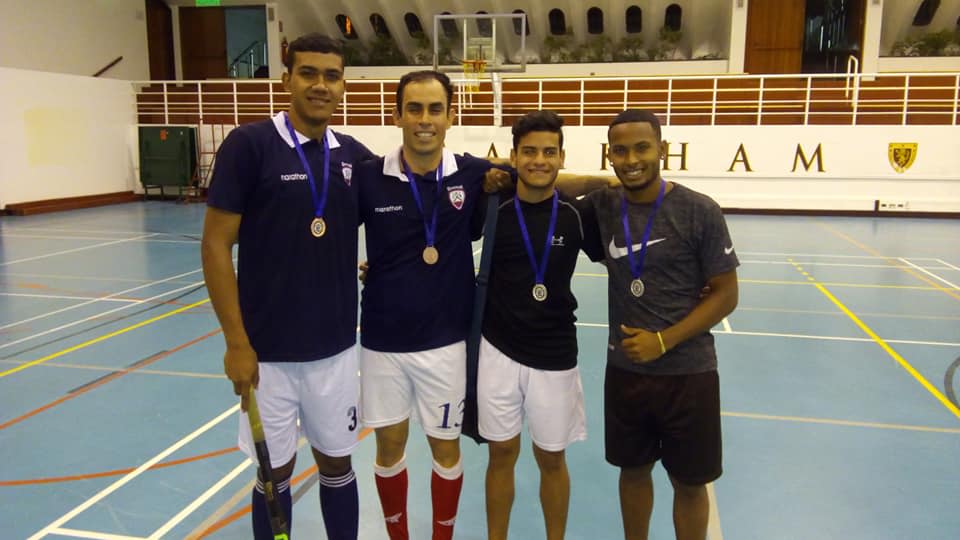
Alexander with the jersey of his new club, Roosevelt HC.
Alexander with the jersey of his new club, Roosevelt HC.
The sport he loved helped him adapt to his new surroundings. He made friends and met other Venezuelans who shared his experience and now play in the local league.
As a part of this community, he started hearing about different jobs available as a hockey coach that he applied for without hesitation.
Thanks to this sport, he landed his current job as a hockey teacher in a local school and on the evenings, he coaches a women's hockey team, Mater Admirabilis, that competes in the Peruvian national league.
The last time I spoke with Alexander he told me that he had just landed another job as a hockey coach. He was recently hired by a local club to train their youth teams during the summer break.
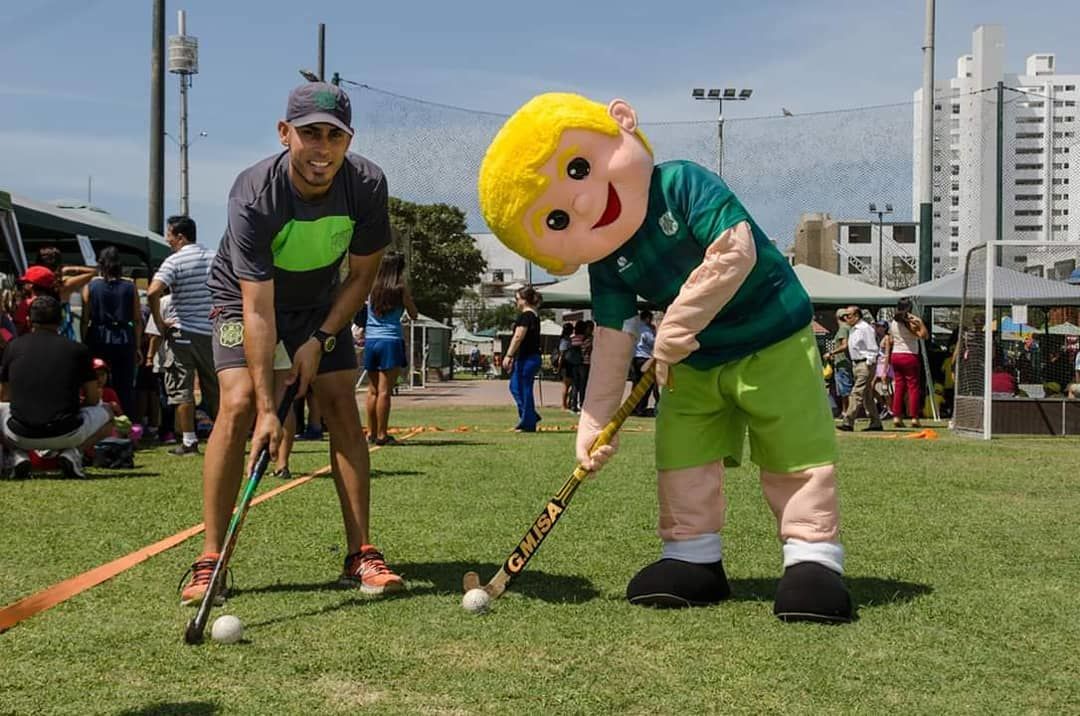
Alexander promoting his summer hockey classes.
Alexander promoting his summer hockey classes.
Things are looking up for Alexander.
He has been living in Peru for more than one year and has found a stable job, which allows him to send money back to his family in Barquisimeto. And although he misses his home country, he plans to stay in the country, at least, in the short term.
The long term, however, belongs to Venezuela.
"In five years I imagine myself in Venezuela, my Venezuela. But with a lot more of stability. I hope that things get better for the good of those who are still there and those of us who left. We all dream about returning to Venezuela if it was possible right away. But the situation doesn't allow that."
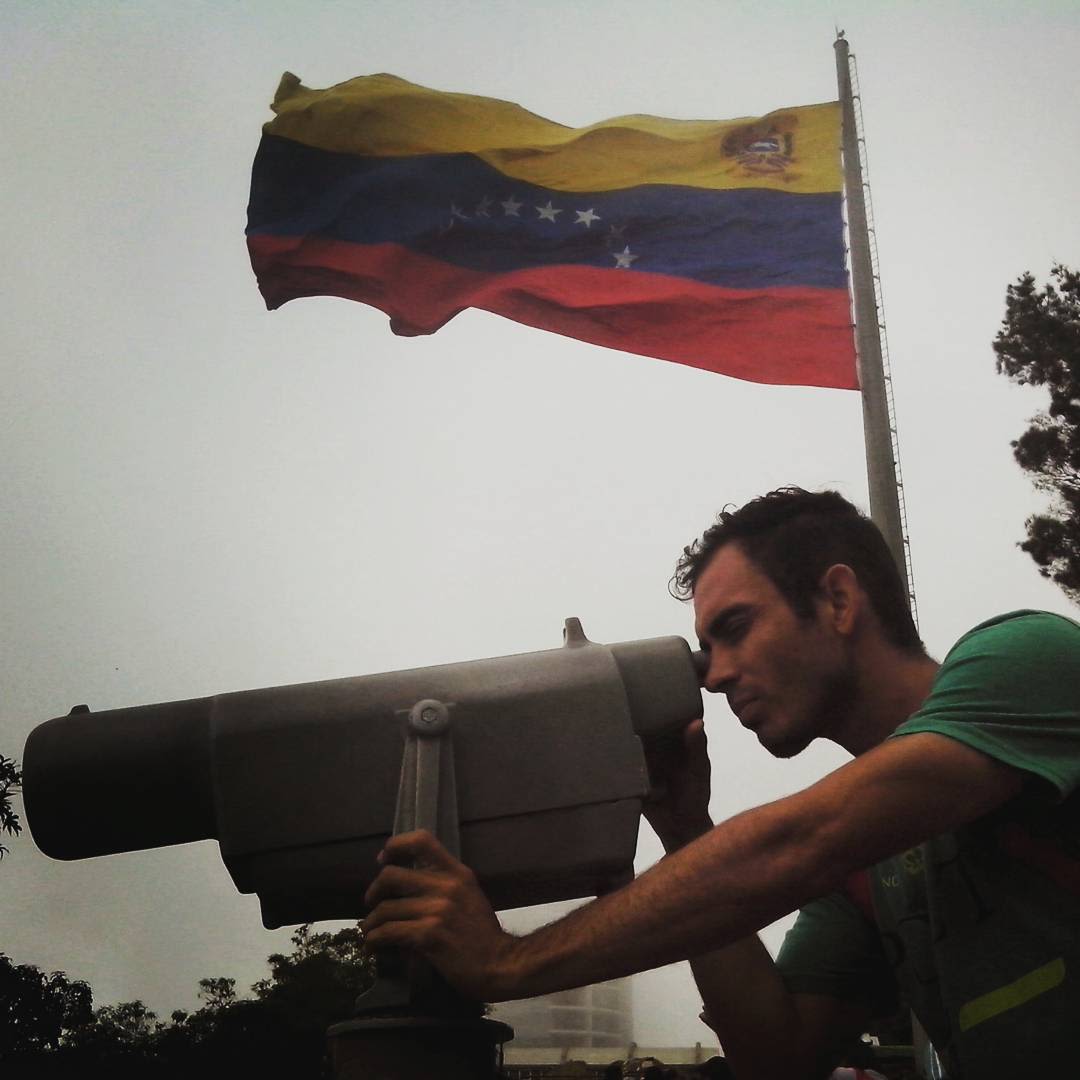
Alexander has already started saving money for his life in Venezuela. He is saving to buy the goods that he lost (a car) and the ones that he always wanted to have (a house), but also to start a family in his hometown of Barquisimeto.
"There's nothing like being at home. You can be anywhere, but there's nothing like it".

